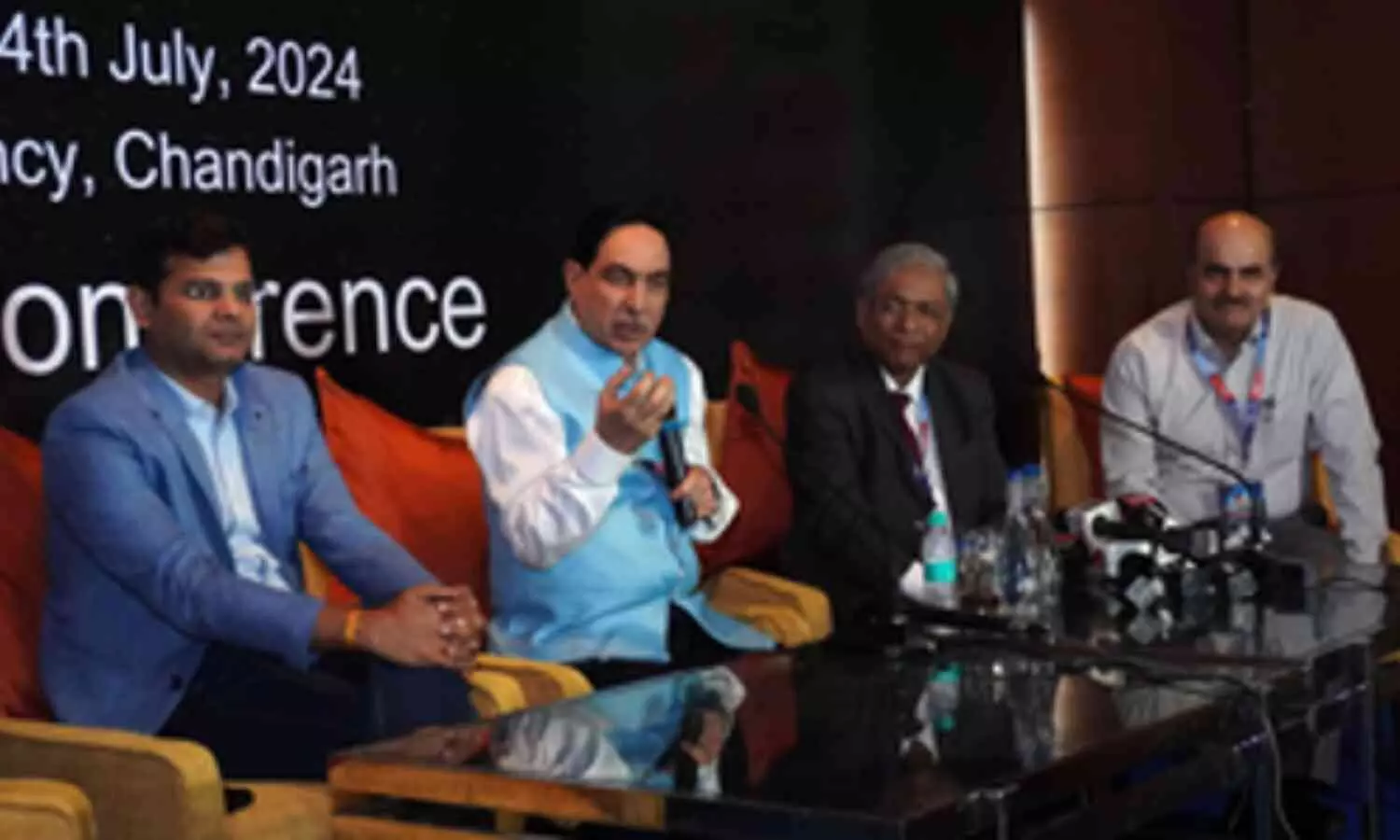Cardiologists Warn of Alarming Rise in Heart Disease Among Youth

Chandigarh: Heart disease is increasing at an alarming rate in India, with many young individuals in their 20s and 30s suffering heart attacks. This concerning trend has raised alarms among cardiologists. On Sunday, renowned interventional cardiologist H.K. Bali highlighted the gravity of the situation, emphasizing the urgent need for awareness and preventive measures to combat this growing health crisis among the youth.
HEART Foundation organized a day-long academic program, CIIST360, to highlight the latest advances in the field of cardiology. Around 250 cardiologists and physicians from northern India attended the conference.
Speakers delivered lectures on cardiac diseases, including coronary artery diseases, structural heart diseases, and heart failure. Delegates had the opportunity to interact with distinguished speakers and discuss specific patient cases, enhancing the collaborative spirit of the event.
Bali, the founder patron of HEART Foundation, highlighted advances in the medical field that are now saving the lives of heart patients, especially those with poor heart function, considered untreatable, or those in which traditional methods could not be performed.
The notable advancements include protected angioplasty in which a miniature pump ‘Impella’ is inserted for better results and faster recovery.
He emphasized the importance of image-guided angioplasty using IVUS or OCT, which provides better short-term and long-term results.
In addressing the needs of elderly patients at high surgical risk, Bali discussed the non-surgical treatment of aortic valve stenosis through the percutaneous technique called TAVI (transcatheter aortic valve implantation). This procedure can even be performed safely in elderly patients with surgical risks.
M.K. Das from Kolkata emphasized that artificial intelligence is going to play an increasingly important role in the diagnosis and management of patients with heart failure. He said already in many hospitals, artificial intelligence is being used to better manage heart failure patients to reduce recurrent admissions in hospitals.
T.S. Kler from Delhi explained that irregular heartbeat (atrial fibrillation) is becoming a very common clinical problem and it can be an important cause of strokes.


